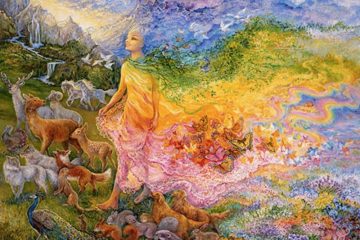James Lovelock
james lovelock et son hypothèse gaïa
James Lovelock’s Gaia hypothesis proposes that Earth functions as a single, self-regulating organism. This revolutionary idea challenges our understanding of ecology, suggesting that living and non-living elements work together to maintain planetary balance.









